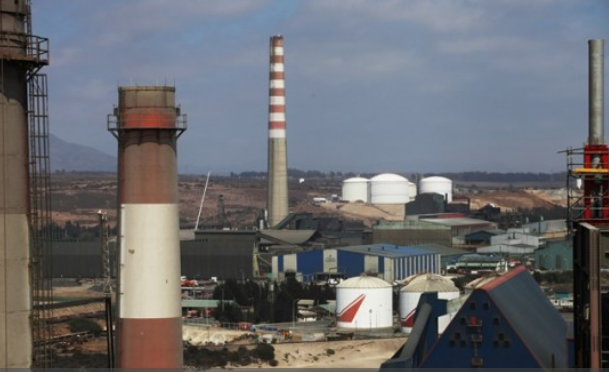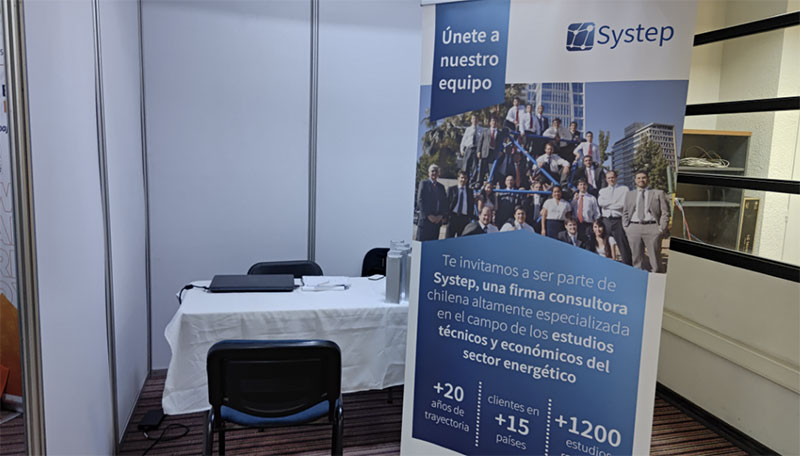
The consultant’s report points out that “it is not enough to retire coal-fired power plants to mitigate Greenhouse Gas (GHG) emissions”, because “it is also necessary to combine their decommissioning” with the replacement by renewable technologies.
In the framework of the UN Climate Change Conference to be held in Chile between December 2 and 13 this year, one of the measures to be contributed by the country is the plan to completely eliminate coal by 2040 with the goal of becoming a carbon neutral country by 2050.
Among the analyses carried out in this area are the following
Systep Engineering
highlighted the current context of decarbonization in the country, pointing out that “it is not enough to retire coal-fired power plants to mitigate Greenhouse Gas (GHG) emissions, because in its report this month it states that “it is also necessary to combine their decommissioning with replacement by renewable generation”.
“This is because, if clean generation does not come in as a replacement, the system would be forced to make up for the 2.14% energy deficit, which would imply an increase in the plant factor of the remaining coal plants or an increase in generation from other plants, such as gas-fired plants,” the consultant’s analysis indicates.
According to Systep, “for the Decarbonization Plan to be successful, it is relevant and of great importance that Engie, AES Gener and Enel manage to materialize the 1,181 MW of new renewable projects that have been announced to replace the 1,047 MW of outgoing units”.
The analysis states that it is also essential that “the renewable projects committed in the last four tenders, equivalent to 5,259 MW, also materialize”.
“In this context, although the companies are responsible for the effective execution of the different projects, the government will have to follow up and provide support so that these projects become operational,” it states.
The report adds that in the fight against climate change “there is no single solution”, since in order to effectively reduce GHG emissions at the country level, efforts must be made to change the energy sources used in the different sectors”.
“In this context, the electrification of transport, industrial processes and home heating tend to appear as some of the most attractive options, since they imply a direct benefit in cities. However, this will not represent a really effective solution if a high presence of fossil fuels in the electricity generation matrix is maintained”, adds this month’s report.
In conclusion, Systep’s analysis states that the “Decarbonization Plan to 2025 is a necessary first step in which the implementation of replacement renewable projects plays an essential role in the reduction of GHGs in that period”.





